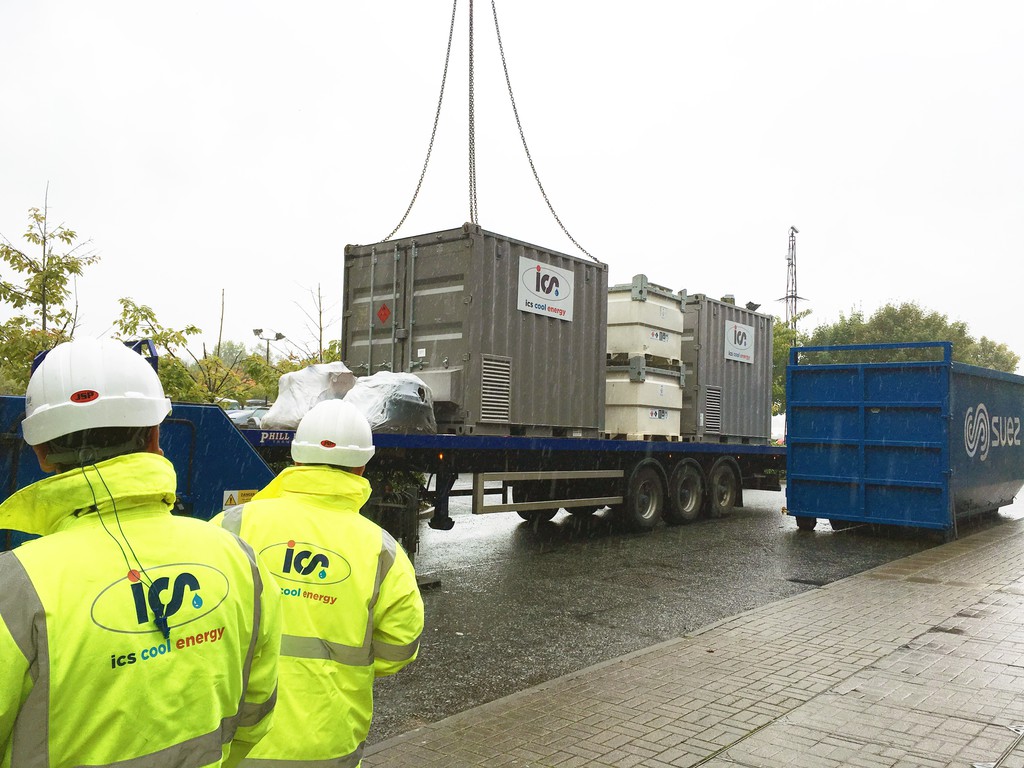

|
Edward Lowton
Editor |


|
| Home> | Plant, Process & Control | >Boilers and burners | >More boilers join hire fleet |
| Home> | Energy Management | >Boilers and burners | >More boilers join hire fleet |
| Home> | Premises management/maintenance | >Hire equipment | >More boilers join hire fleet |
More boilers join hire fleet
12 September 2017
ICS Cool Energy has chosen a combination of Viessmann boilers coupled with Weishaupt burners for its hire fleet, which can deliver fuel efficiencies of up to 94%.

The Viessmann 270kW boilers come with a Weishaupt pressure jet burner, circulation pump, shunt pump, mixing valve, expansion vessel, strainer, air separator and all necessary controls, together with monitoring and safety devices to allow remote boiler status and fuel level monitoring. The boilers also feature a combustion chamber that combines a larger water content with a three-pass system. This design is said to enable longer burner run times, minimising burner switching intervals and resulting in cleaner combustion and low NOx emissions.
The Weishaupt burners feature digital combustion management to provide constant and precise control of combustion ratios, maximising fuel efficiency and further reducing emissions.
Russ Baker, UK sales director of the hire division at ICS Cool Energy, says: “We are proud of our reliable, energy efficient and low emission fleet of hire boilers, and the components we use are integral to delivering this efficiency. Opting for Viessmann boilers and Weishaupt burners has allowed us to continue to offer high quality long-lasting solutions alongside fast response for a wide range of applications.”
- Improving chillers’ cooling efficiency with VSD technology
- R22 Phase Out: What's Your Plan?
- Keeping Cool Under Pressure
- Remote monitoring for temperature control equipment
- Spotlight on energy efficiency
- High efficiency boilers for hire
- Free cooling
- Guide to cutting the cost of cooling
- Demystifying the 2018 changes to chiller legislation
- Precision temperature control

















